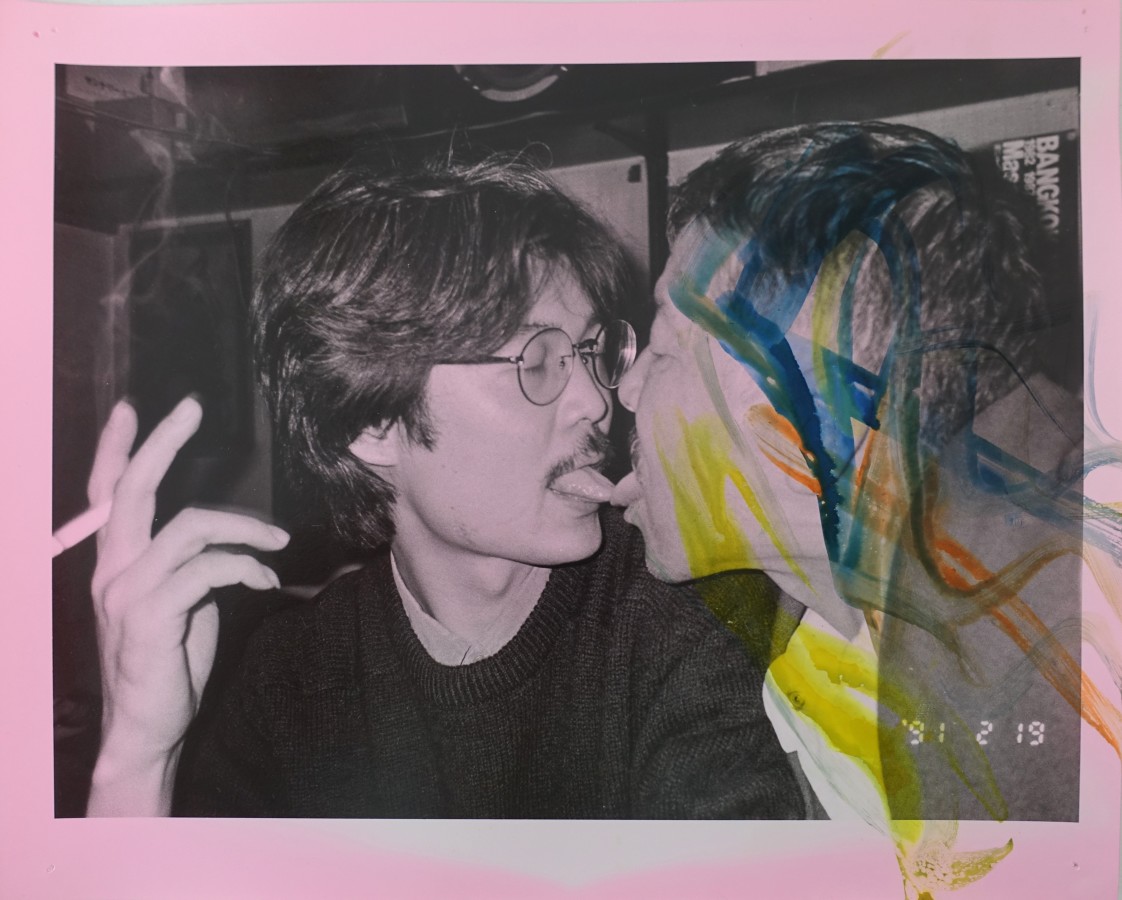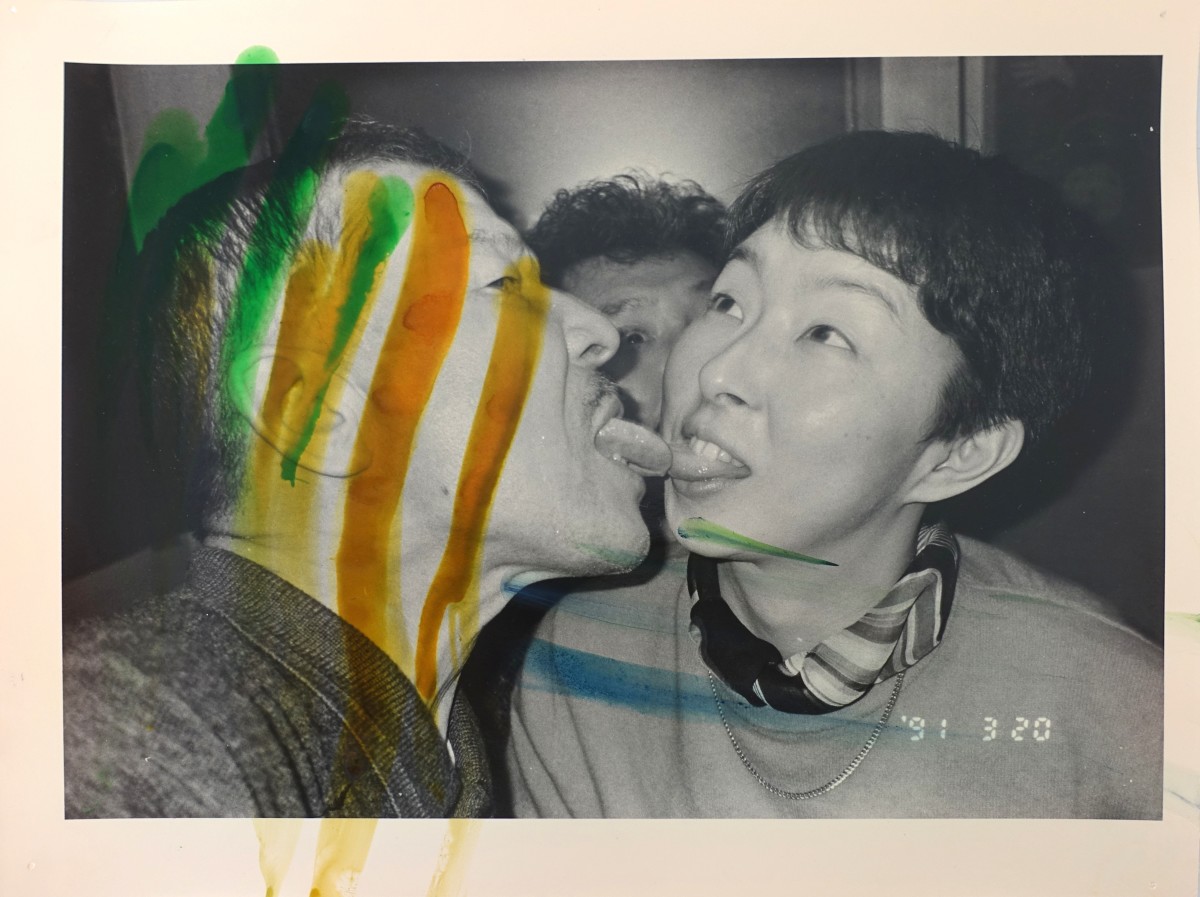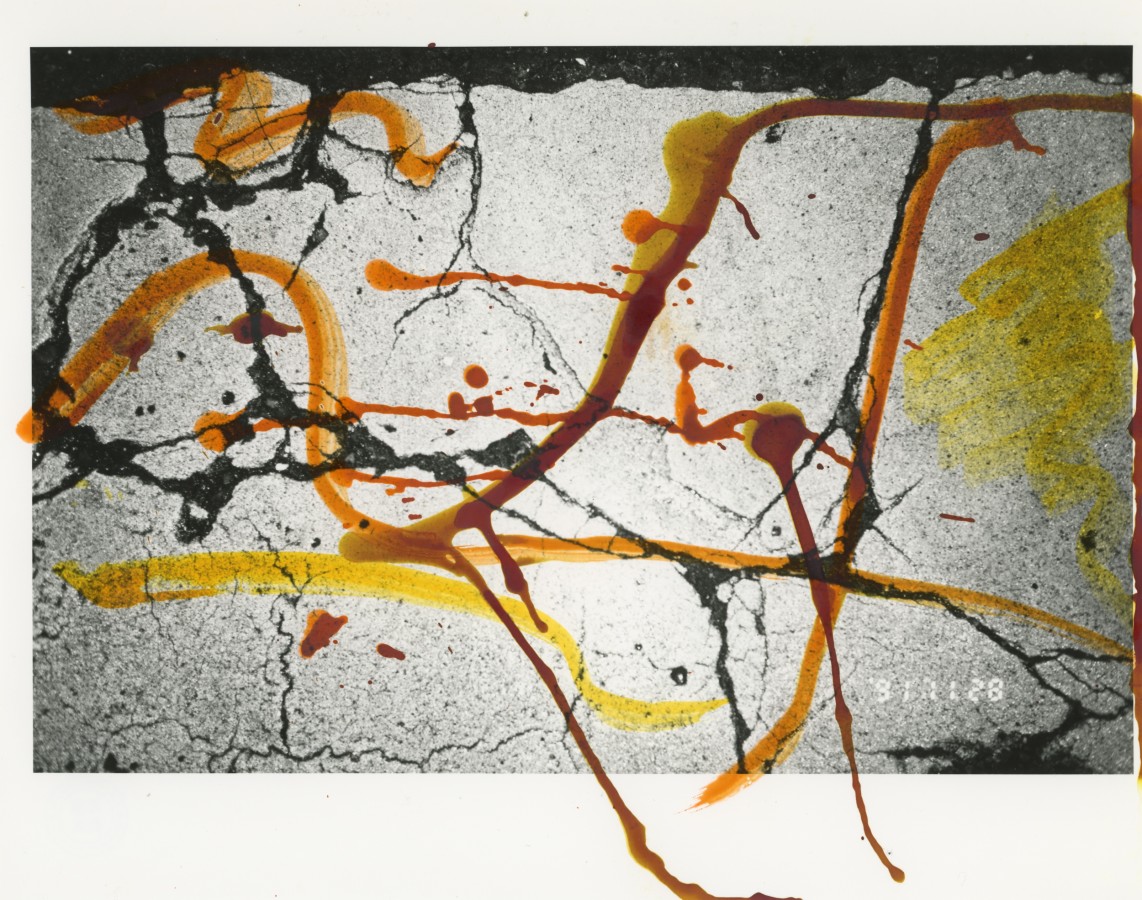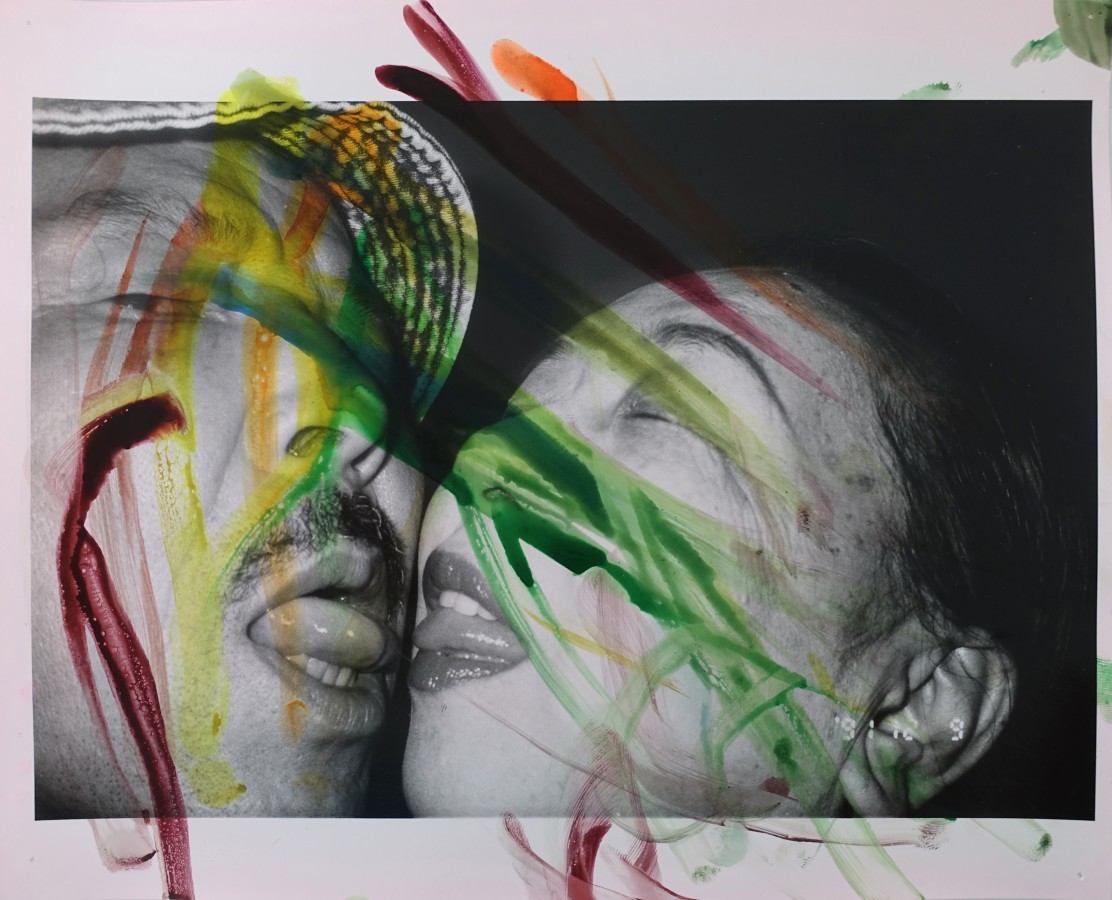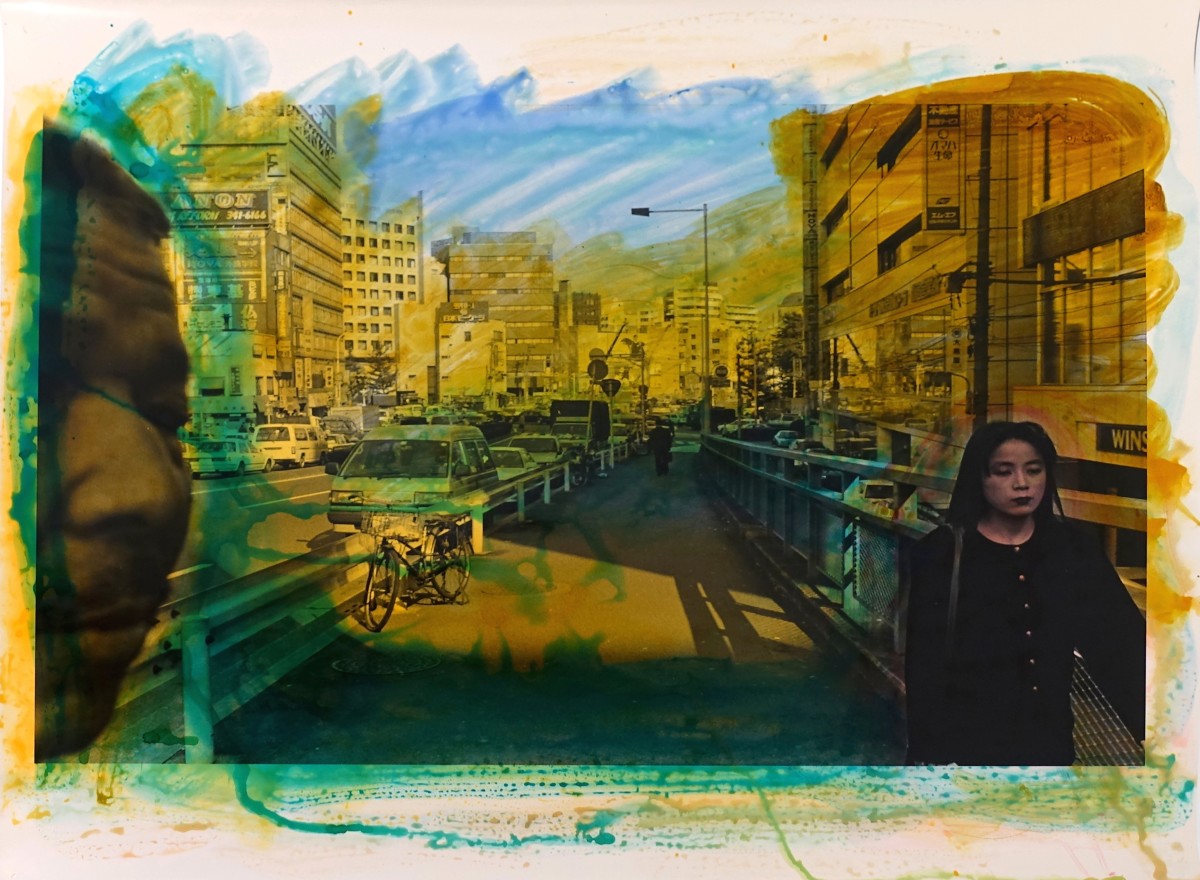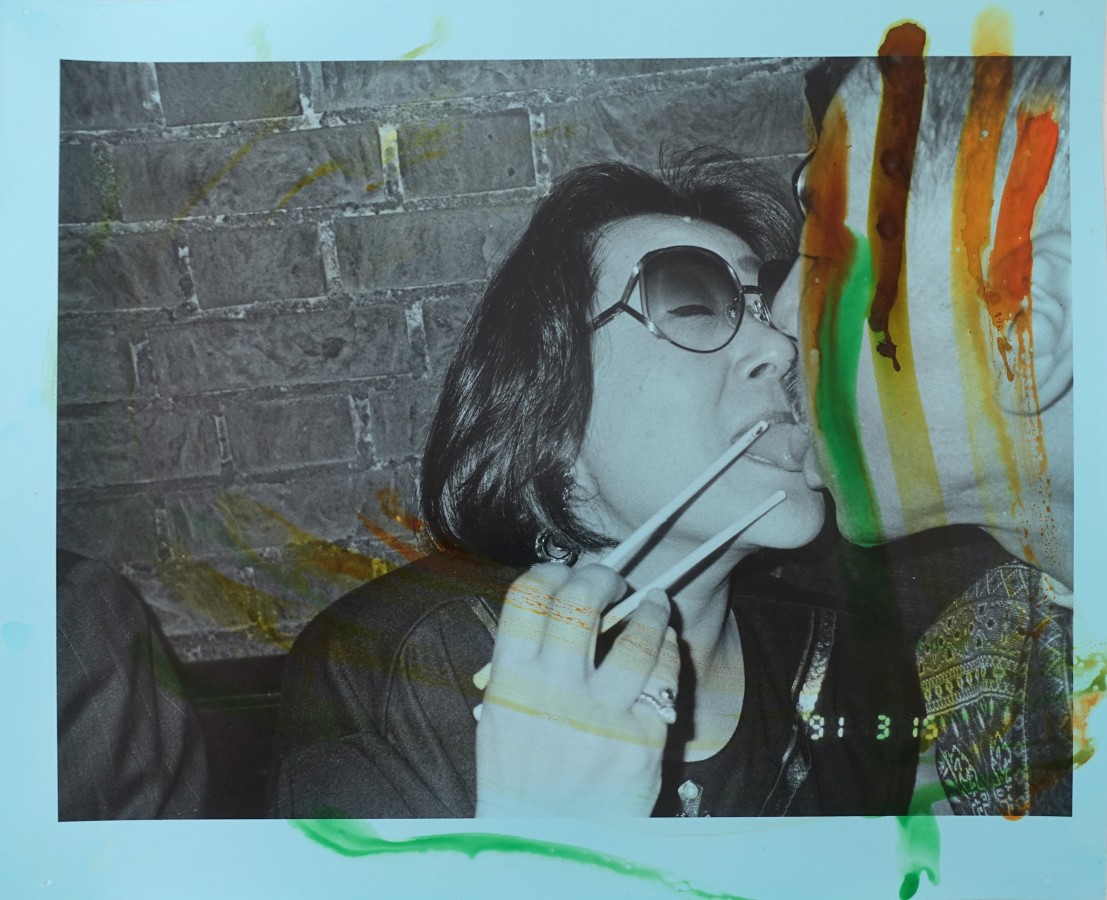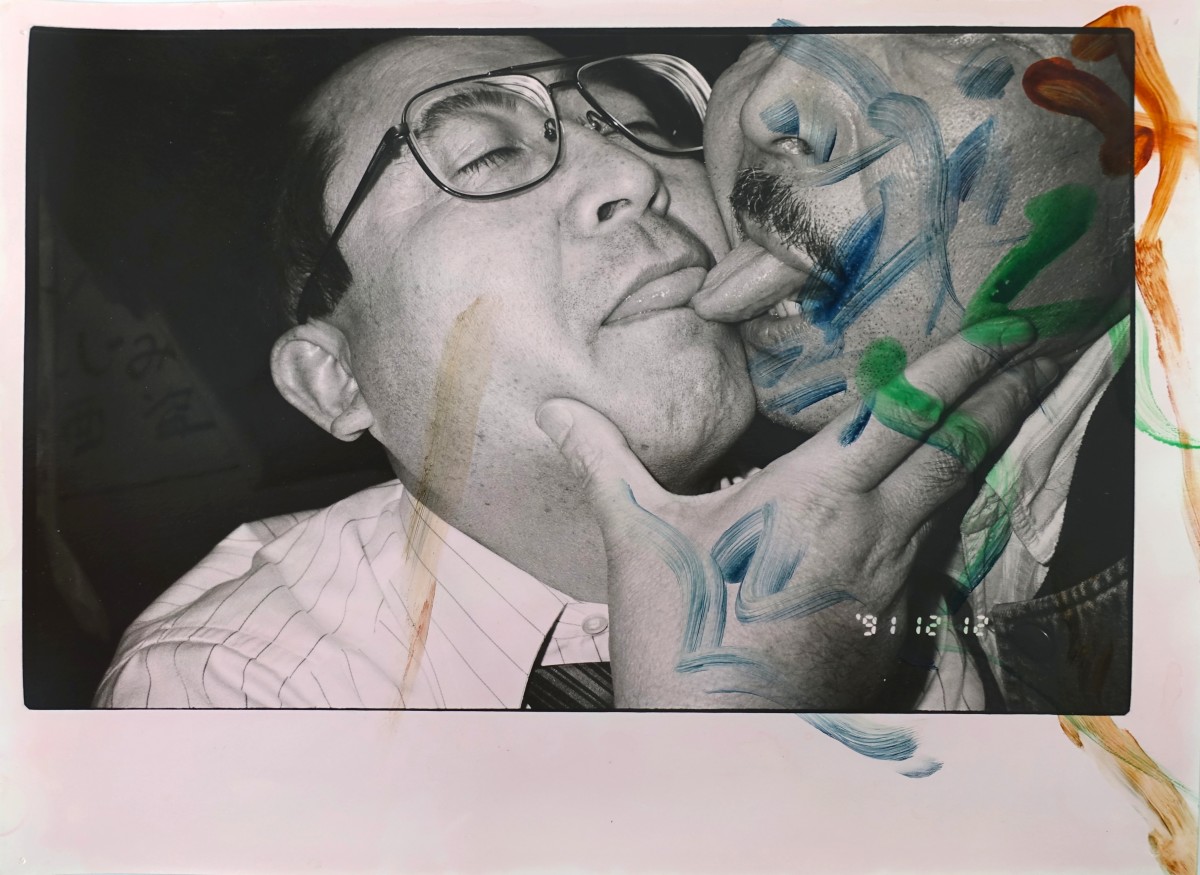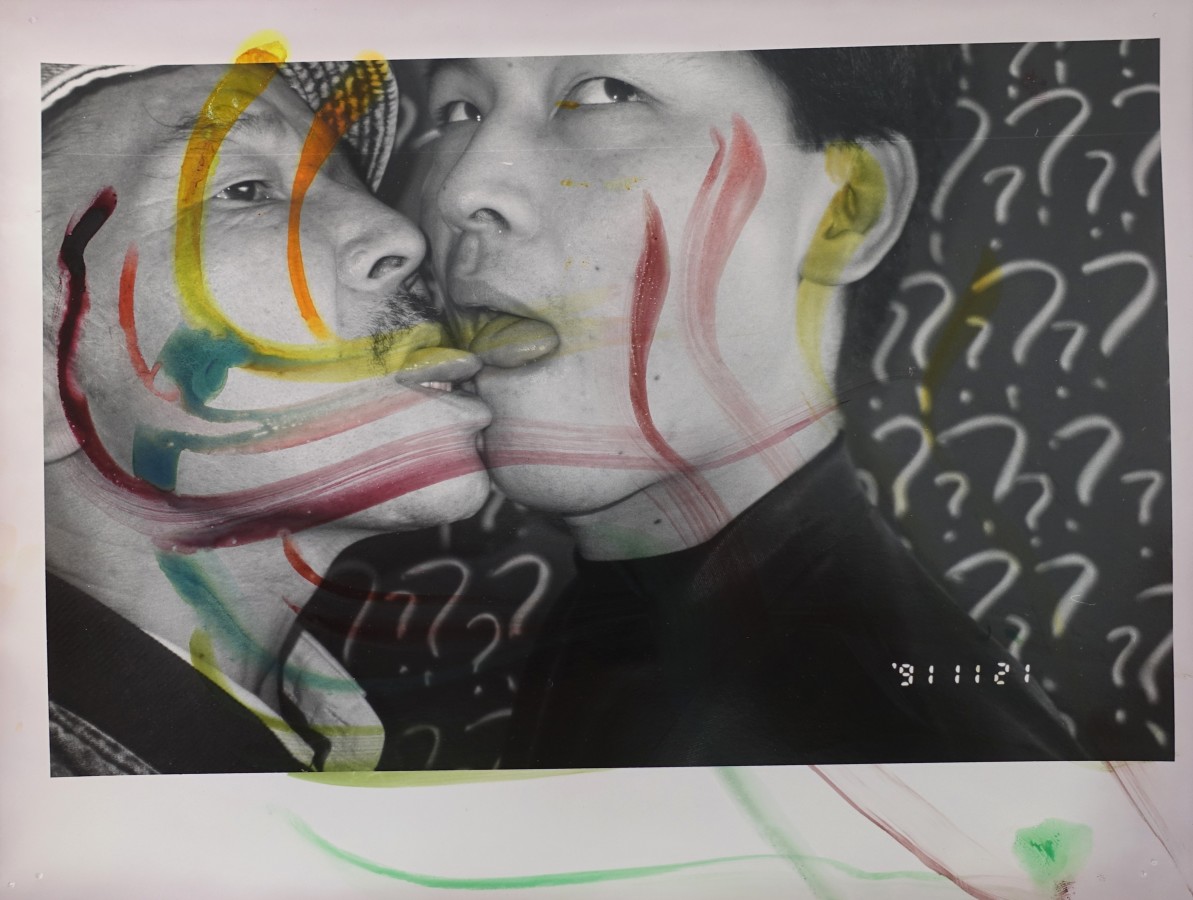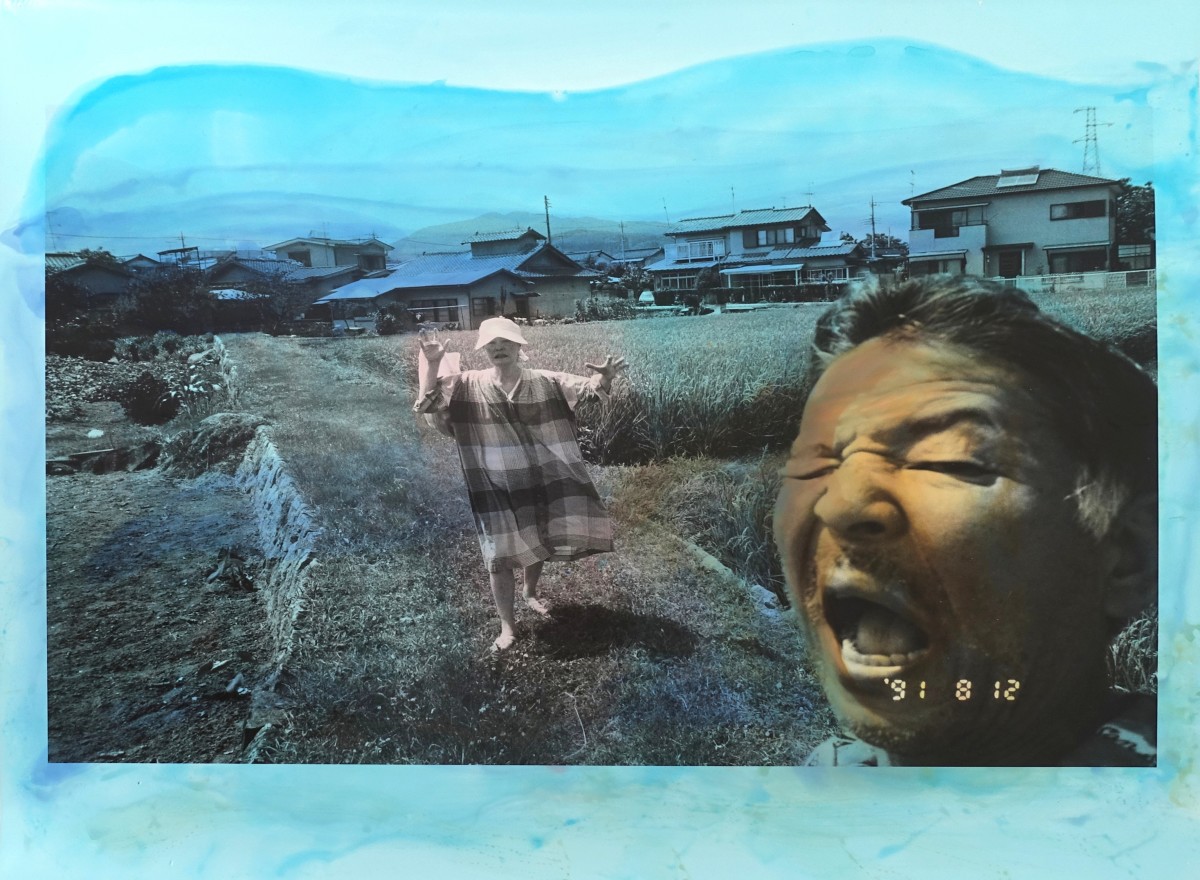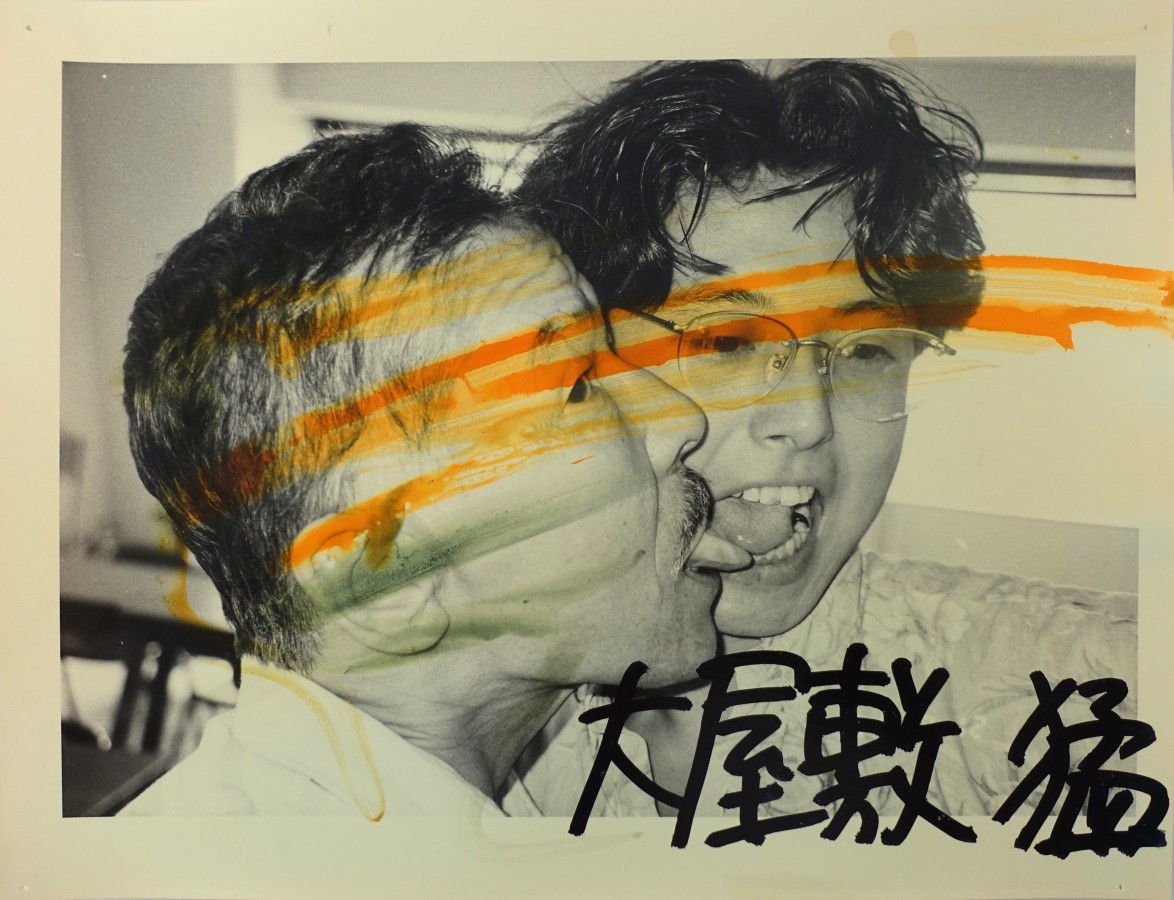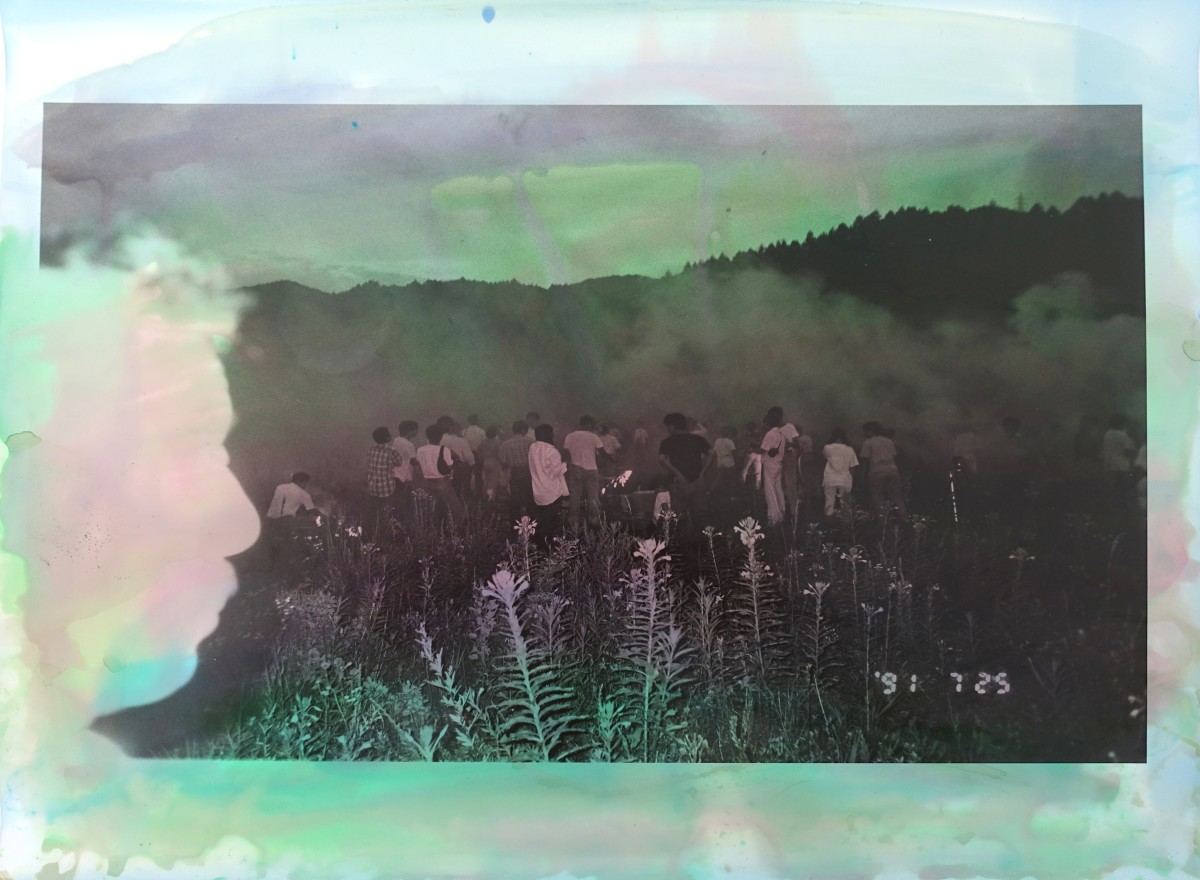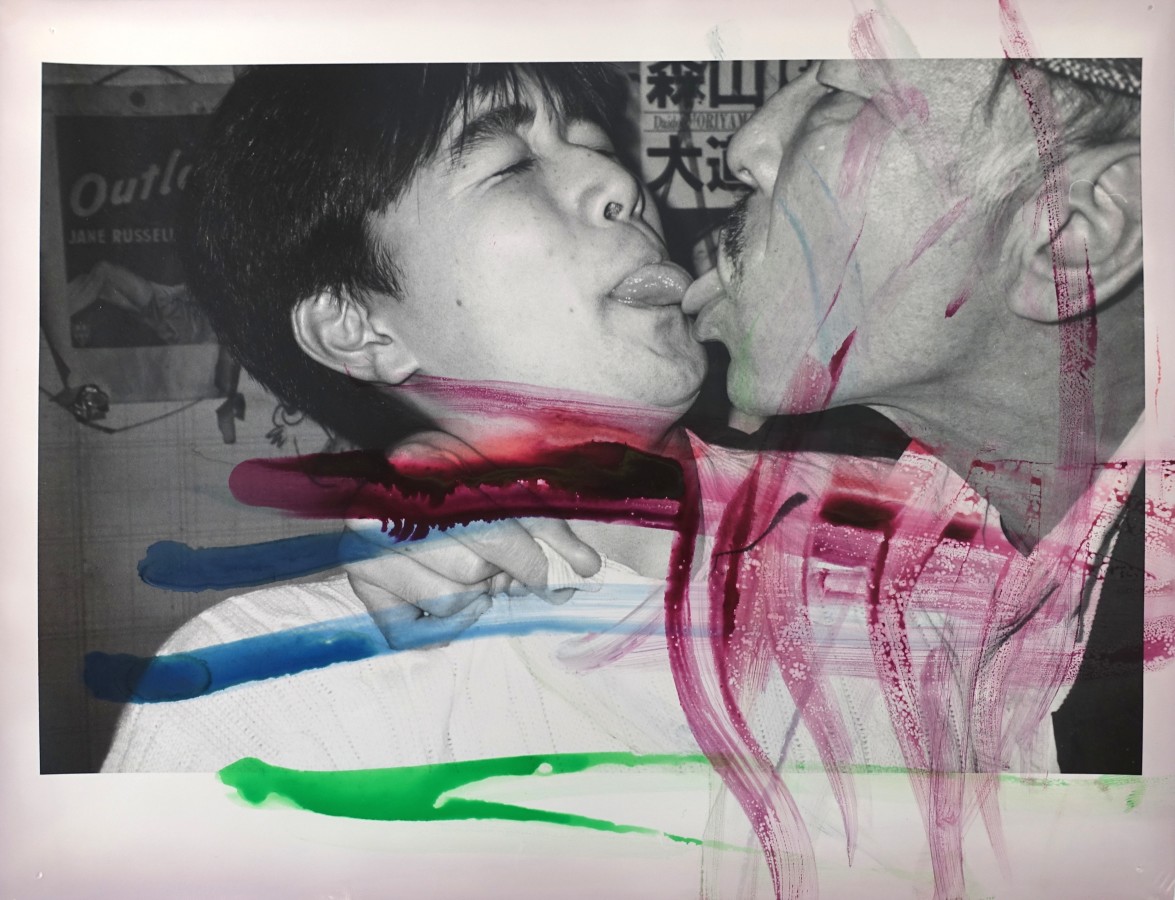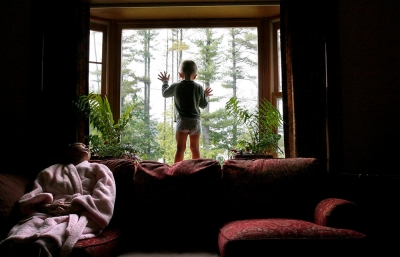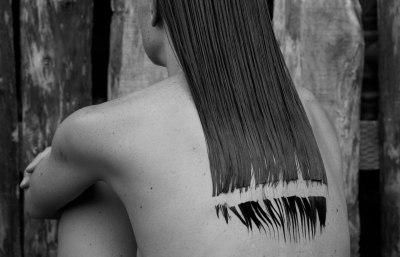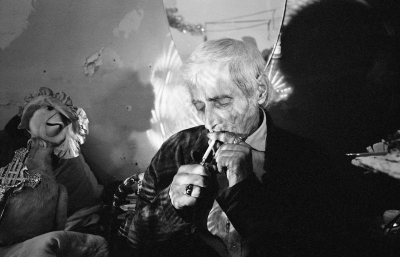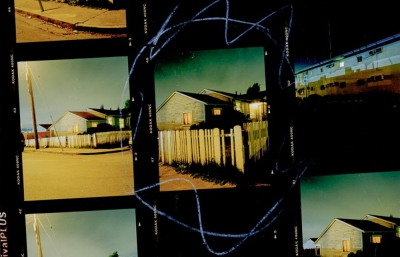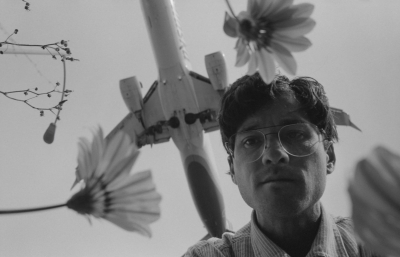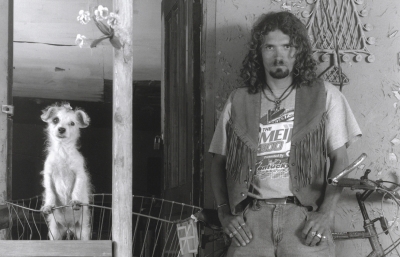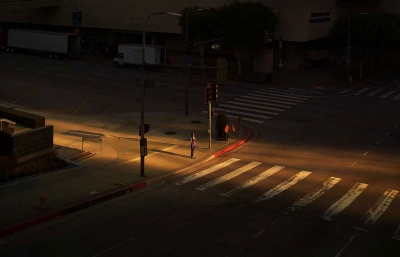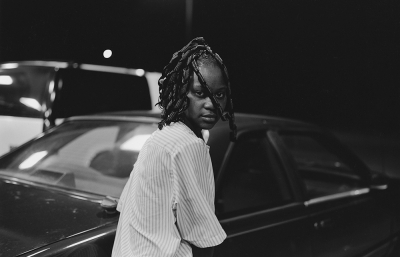In the year that social distancing and self-isolation have entered our daily vernacular, Michael Hoppen Gallery is presenting us with Private Scenes, an exhibition of Masahisa Fukase’s late photography which has never appeared more transgressive or relevant than today.
"Berobero" - an onomatopoeic word referring to both tongues and licking – is the title Fukase gave to his self-portraits in which he touches tongues with friends and strangers alike. Mostly shot in bars around Shinjuku in Tokyo, Fukase’s comrades display a range of reactions; Some close their eyes, strike dramatic poses, laugh or abandon themselves to the act. Their responses to this provocative, performative display of intimacy are heightened today, when kissing has become a high risk or even forbidden activity.
"There is no difference between the me who does the looking and the person who is being looked at. I started to ask myself what I would look like if the looked-at me also became part of the photograph [...] The subject who looks is also the object looked at. I started to ask myself what I would look like if the looked-at me also became part of the photograph." - Fukase, 1991.
Fukase’s work from this period, which he exhibited in 1992 three months before his fatal accident, shows an emergent concern with the boundaries between photographer, subject and identity. No longer preoccupied with the graphic formalism of Ravens (1986) or the nostalgic street-scenes of his early photography, during the final years of his life Fukase became increasingly introspective and conceptually sophisticated.

The two other series on display, Private Scenes and Hibi, are linked visually to Berobero through Fukase’s expressive use of watercolor paints and colored ink, which he used to annotate and embellish his final series of photographs. However, these series show a different side of Fukase’s life, beyond his nights spent at bars around the city. Fukase documented himself traveling through new countries and familiar landscapes often represented through an unfocussed silhouette or as a shadow crossing the pavement.
"I have included myself in all my photographs, in an almost pathological manner, to the point of feeling as if I have eyes in the back of my head [...] Sometimes I feel that the photographs would be better without my face in them, but I am unable to stop myself putting me into the photograph." - Fukase, 1992.
These unique painted photographs, brought together for the first time since Fukase’s last exhibition at Tokyo’s Nikon Salon in 1992, constitute an important body of work by a mature artist wrestling with the limits of his medium. They act as a coda to his career, providing the ultimate testimony to Fukase’s belief that photography is an act of inescapable self-expression.
The exhibition will be available online and in the gallery.

